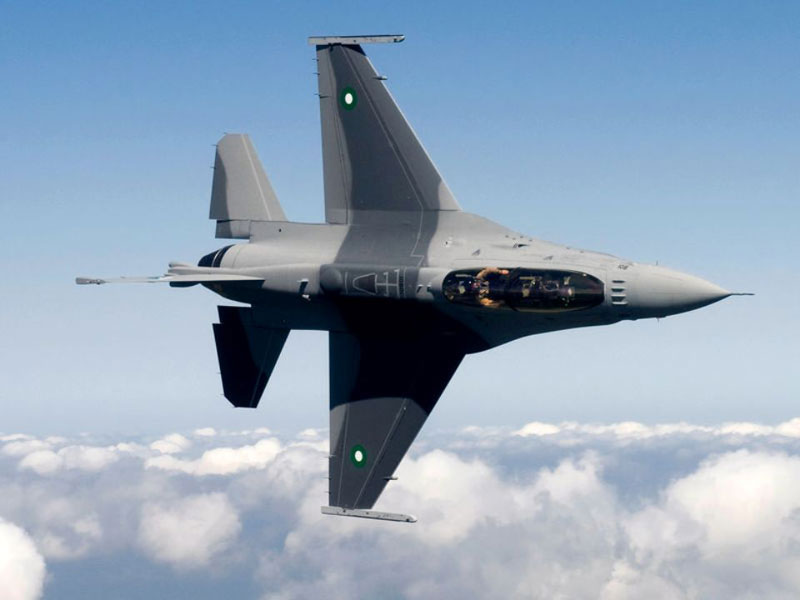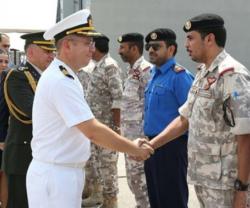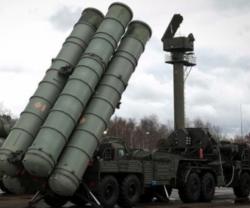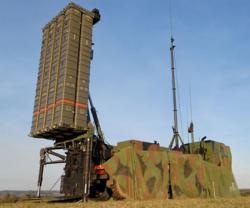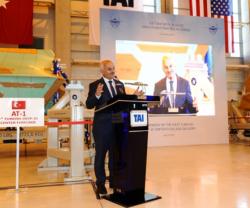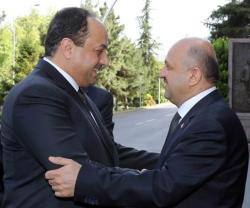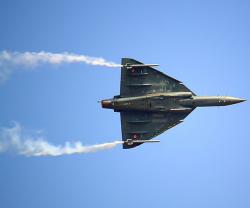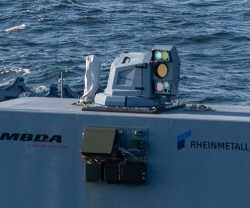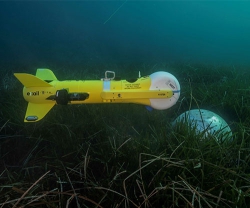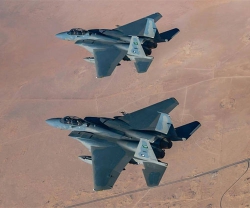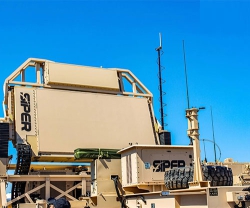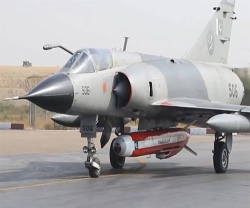Saudi Arabia, the Gulf's main Sunni Muslim power, has asked Sunni-majority Pakistan to join a Saudi-led military coalition that began conducting air strikes last month against largely Shi'ite Houthi forces in Yemen.
Sharif has in turn hedged his bets. He has said repeatedly he will defend any threat to Saudi Arabia's “territorial integrity” without defining what action such a threat might provoke.
“Saudi Arabia has asked for combat planes, warships and soldiers,” Asif, who also visited Turkey to discuss Yemen, said, without specifying where Saudi wanted them deployed.
“Both Pakistan and Turkey are concerned at the overthrow of illegitimate government of Yemen by use of force by non-state actors ... Pakistan and Turkey agreed that the continuing crisis in Yemen could plunge the region into turmoil.”
Arif Rafiq, a Washington-based adjunct scholar with the Middle East Institute, said earlier Pakistan was hoping to satisfy Saudi expectations at a “minimal” level.
“They're unlikely to be part of any meaningful action inside Yemen. Maybe they will reinforce the border,” He told Reuters.
Sharif owes the Saudis. Endemic tax dodging means Pakistan needs regular injections of foreign cash to avoid economic meltdown. Last year, the Saudis gave Pakistan $1.5 billion. Saudi Arabia also sheltered Sharif after he was overthrown in a 1999 military coup.
Pakistan has a long record of contributing troops to UN peacekeeping missions but public opinion is also largely against intervention in any Saudi-led action in Yemen.
Many analysts say the military, which has ruled Pakistan for more than half its existence since independence, has the final call. The generals have been silent.
Pakistan has nearly 1.5 million active soldiers and reserves, but about a third of those are tied up with operations along the Afghan border. The bulk of the remaining forces face off with nuclear-armed India. Others are executing the government's new counter-terrorism plan.
Source: Reuters
Photo: Pakistan Air Force F-16D Block 52+ “Fighting Falcon”

